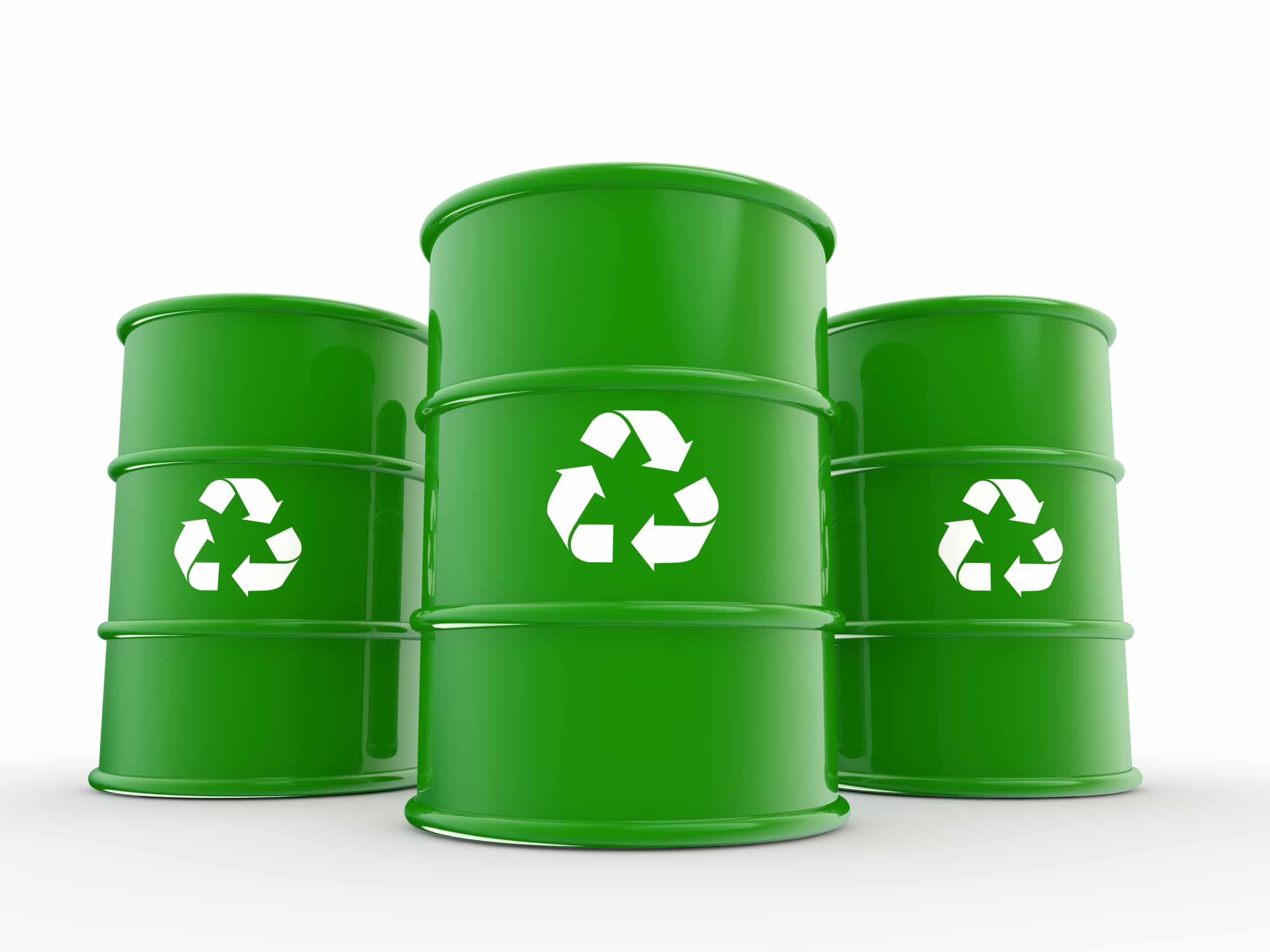Logistics is a discipline we often associate with choosing the best transportation routes. The discipline is also applicable configuring and organizing interior work environments to operate more productively. Simply put, with the right logistics in place, processes that involve moving from point A to point B happen in the smoothest, least time consuming, most efficient way.
In this entry, we focus on the hybridization of both of these logistical concerns, as it applies to implementing solvent replacements. Considered in light of logistics are the following aspects of solvent replacement: solvent delivery, solvent storage, solvent recycling, and solvent disposal.
- Solvent Delivery
If you order a custom solvent replacements that are formulated from scratch, the time required to formulate them often results in taking longer to deliver them than stock solutions that are available for immediate shipment.
A second factor that has a significant impact is what type freight shipping model you use. For example, less-than-load (LTL) shipping is a highly affordable shipping model, but it can be quite slow for one reason: Multiple partial orders are placed in a full-size freight trailer and dropped off one-by-one along the delivery route. If you’re near the route’s end, you could wait awhile.
- Solvent Storage
Next, we move inside the facility, and consider the logistics of solvent storage. For business-critical solvent operations to remain efficient, the solvent supply chain in the facility must be streamlined to provide the right solvent, when it is needed, where it is needed. Where the solvent is stored can have a major impact on these goals.
Ideally, solvent should be stored closest to the point of use, without complicating egress flow in the work area, violating fire safety protocols (if the solvent has a low to midrange flashpoint), or needing to be handled in some way before Personal Protective Equipment (PPE) is in place.
- Solvent Recycling
Using parts washing systems that recycle solvent can significantly streamline the logistical process of filling the machine with parts washing solvent. Systems that purge waste solvent, and then return it to the machine’s solvent basin for reuse essentially eliminate logistical concerns. The clean solvent is back in the basin quickly, ready for another wash cycle, until it has been cycled through as many times as possible, while still retaining its original efficacy.
- Solvent Disposal
For most operations that make frequent use of industrial grade solvents, the most logistical way to dispose of them is placing them in a chemical waste trap, from which a chemical waste company removes them.
Trying to keep toxic solvent out of the waste trap is a noble, eco friendly effort. However, if waste will go in the trap, be sure that the waste removal company arrives frequently enough to keep the trap emptied well below the fill mark at all times. An overflowing waste trap could create a logistical nightmare for a facility in more ways than one.
Who We Are
Ecolink is a provider of industrial garden cleaning solutions that address the needs of a wide range of users. We provide solvent replacements in the form of stock solutions and custom solutions for work processes that range from the tough, industrial cleaning jobs to light cleaning for everyday surfaces.
To inquire about our products and services, call us today at (800) 563-1305, or use our contact form. We look forward to hearing about your cleaning needs and presenting great options.















